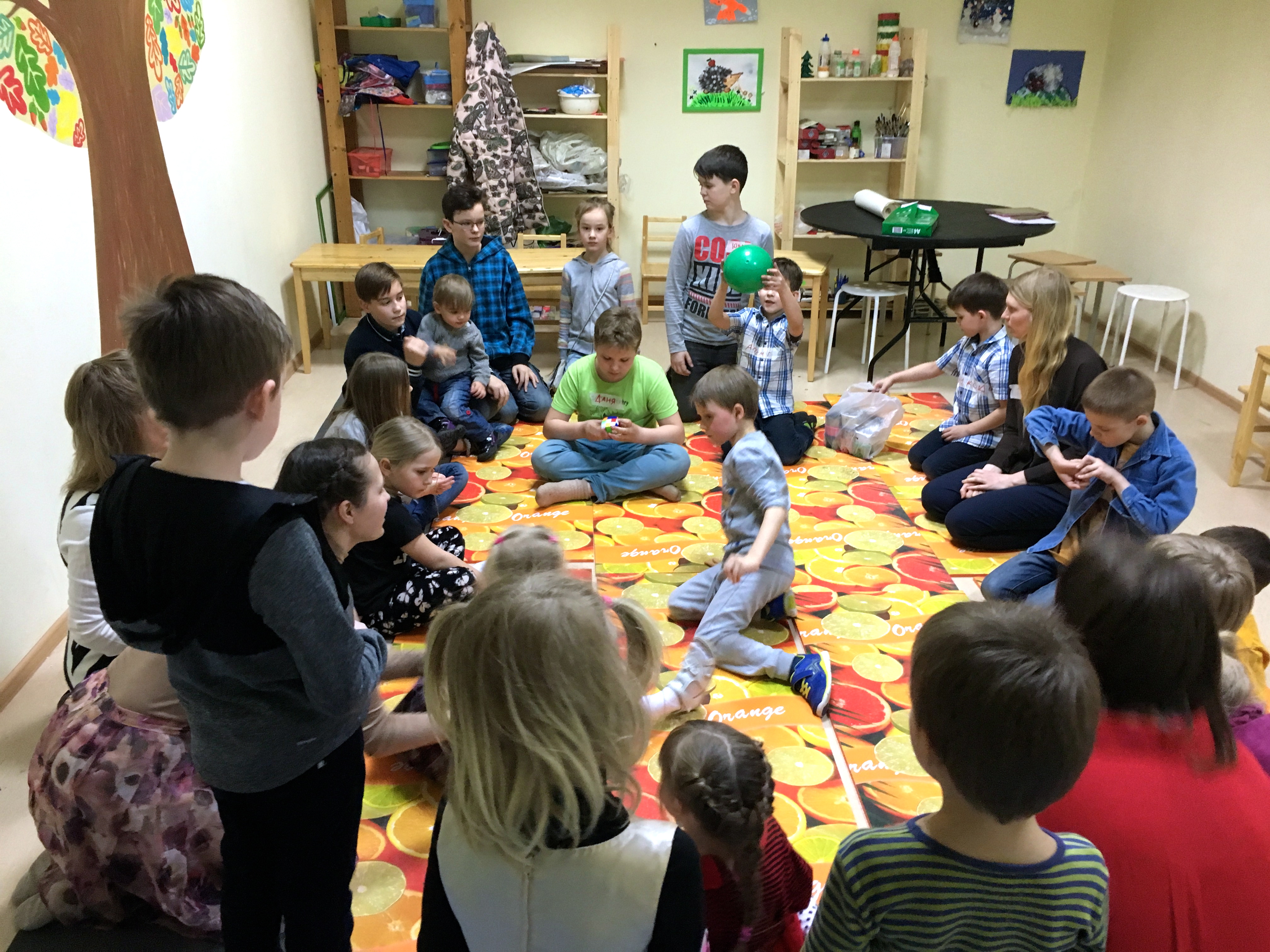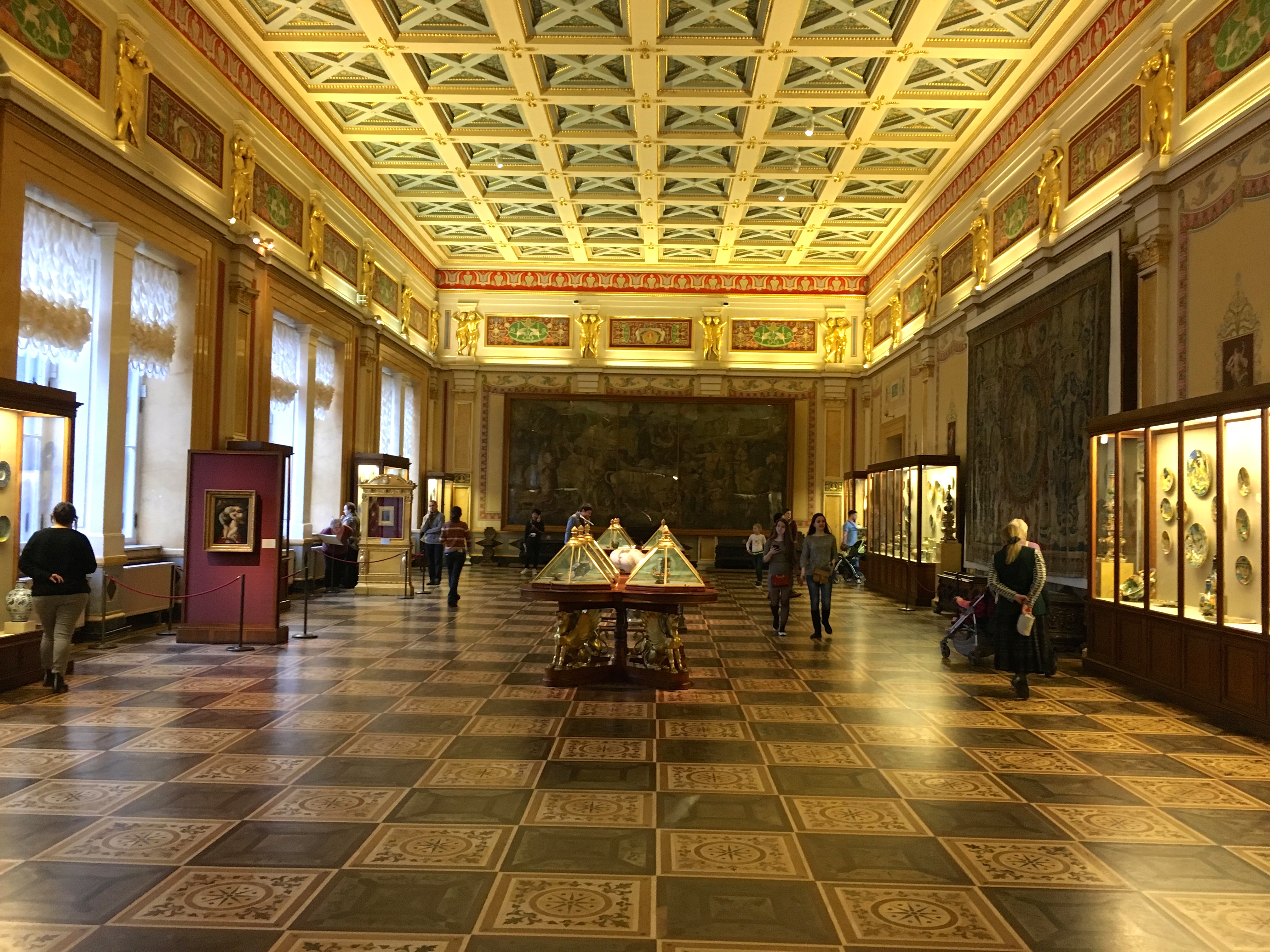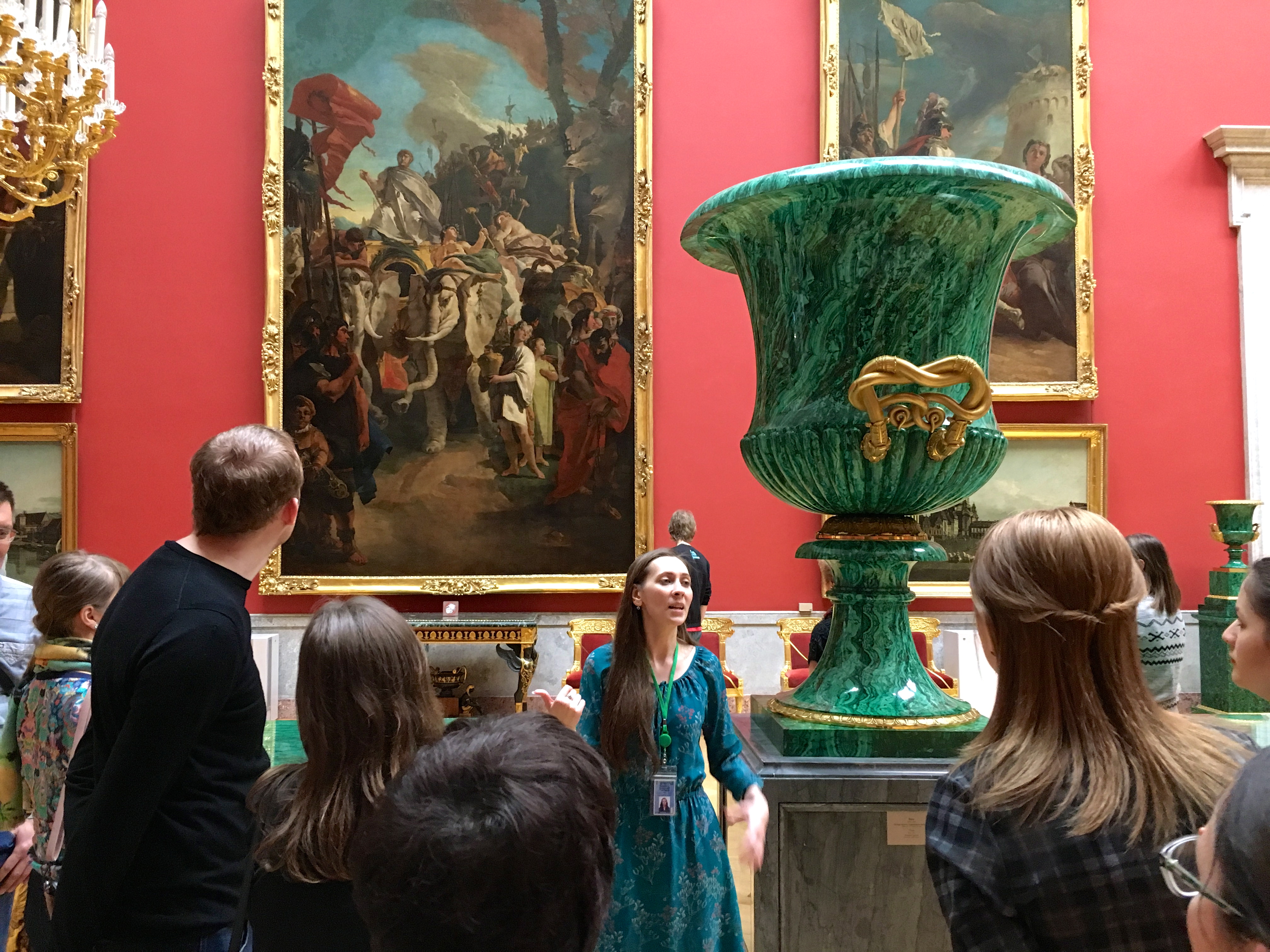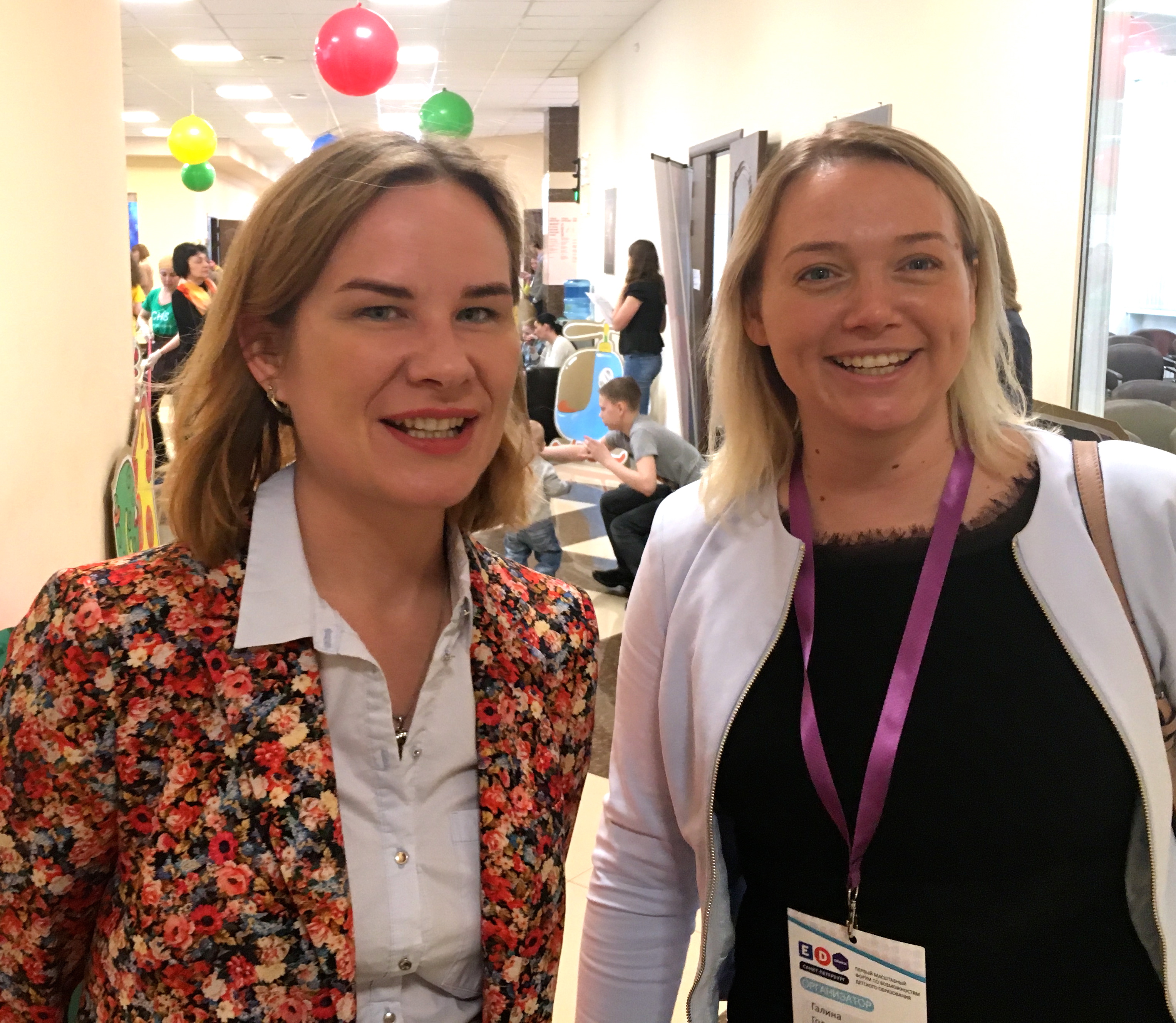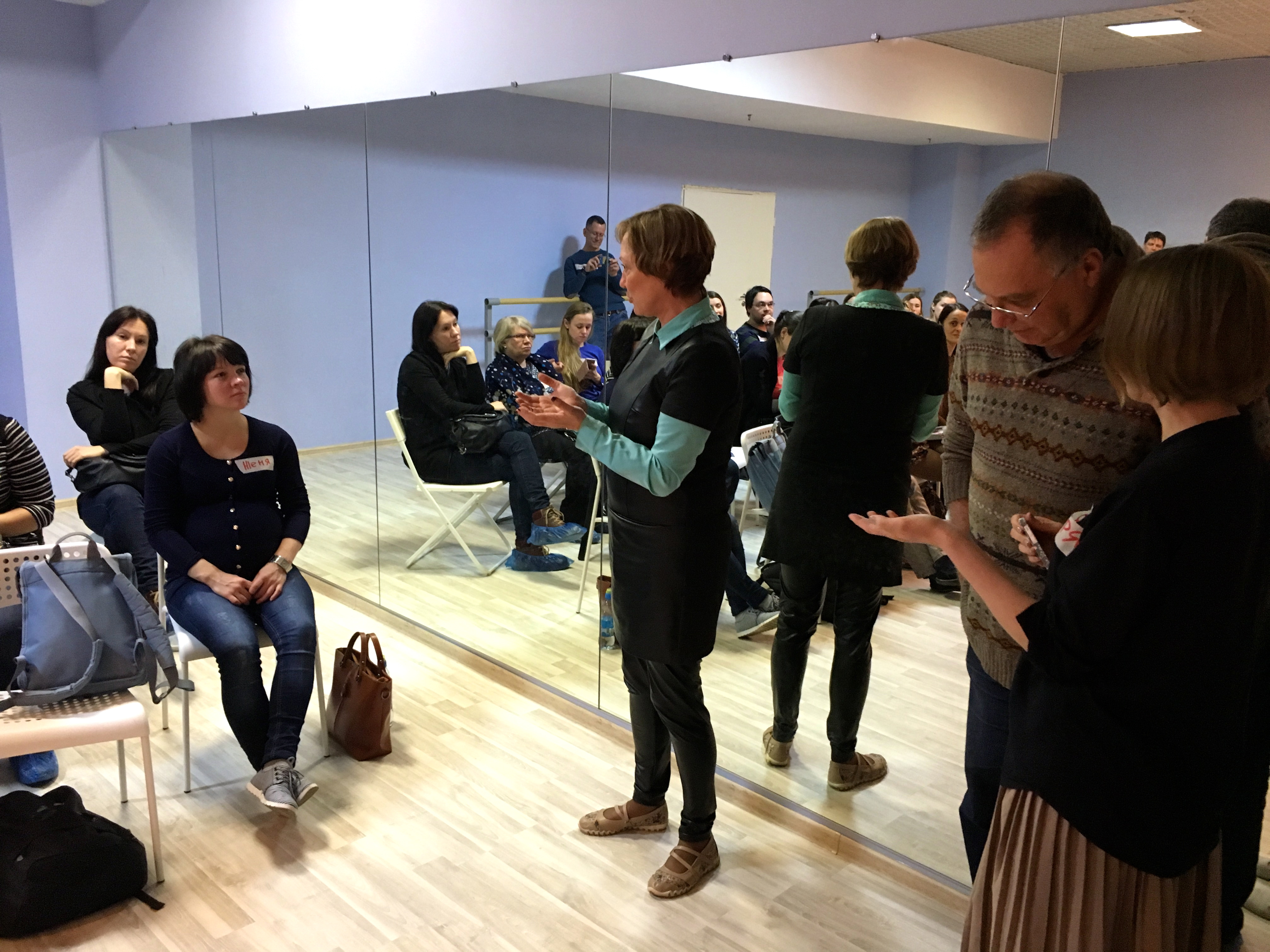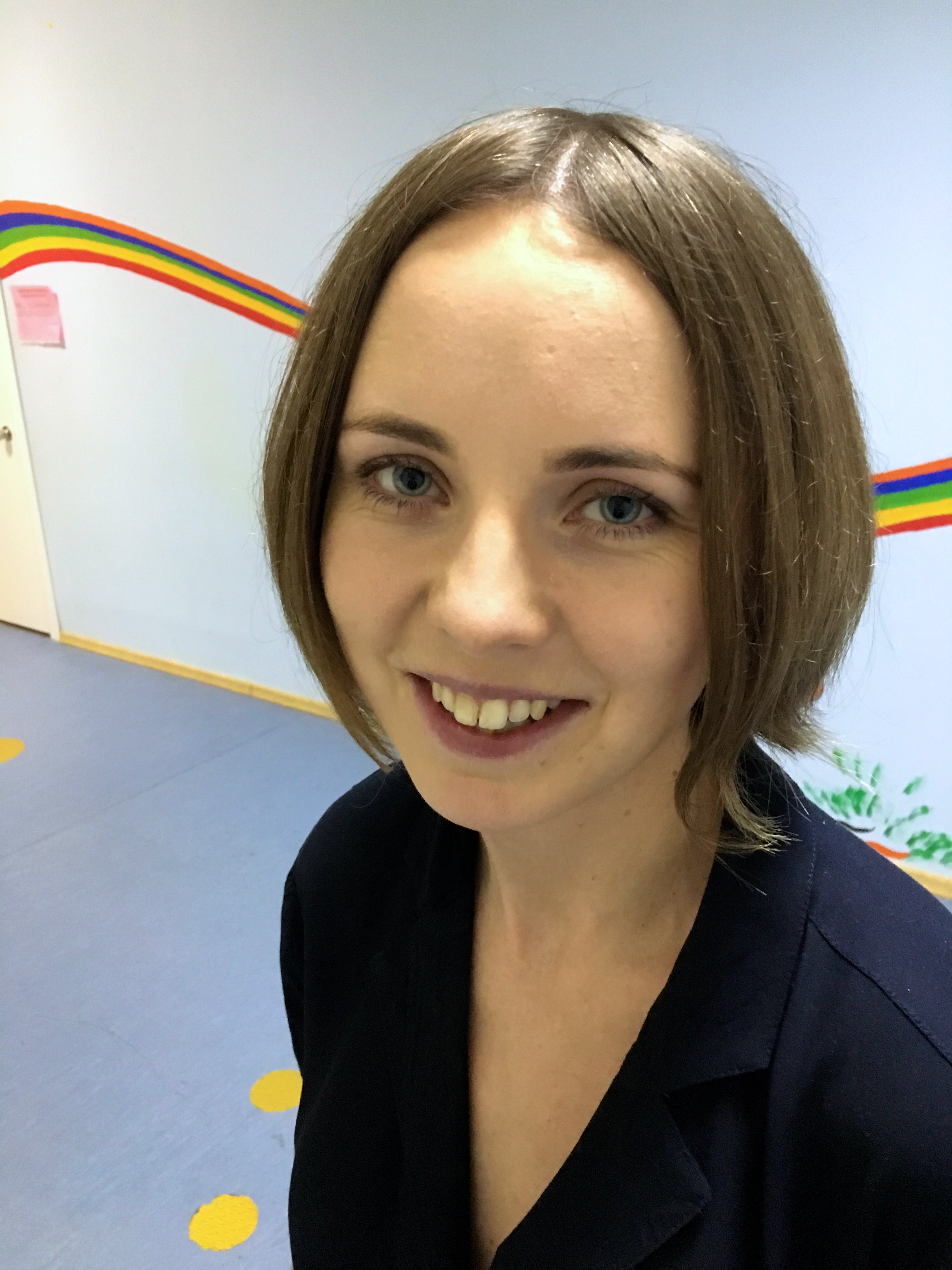AERO: This article was written in 2009 for Life Learning, and Natural Life Magazines. AERO reprinted it in 2011 for our community. That post (among others, stay tuned) has become neglected on our old site, and deserves proper display here on our new site. Thanks, Wendy!
When I was a young mother, I wore a t-shirt with the words: “The hand that rocks the cradle rocks the boat.” The phrase put a spin on a 19th century poem entitled “The Hand That Rocks the Cradle Rules the World” by American poet William Ross Wallace. I understood at the time that becoming a mother was increasing my desire to create change in the world, although I didn’t know where that would lead me. I had already realized that, as the feminist movement espoused, the personal is political. I had already challenged a few assumptions about how life was supposed to work – including rejecting both the style in which I’d been parented and the institution of school as an effective vehicle for education.
By Wendy Priesnitz
Wendy Priesnitz is a book author, award winning journalist, editor, former broadcaster, social entrepreneur, and mother of two adult daughters. She is the owner of Life Media, which she co-founded with her husband Rolf in 1976 as The Alternate Press to publish books and Natural Life Magazine.
Wendy is an agent of change who, when she was barely out of her teens, recognized the need for rethinking how we work, play and educate ourselves in order to restore the planet’s social and ecological balance. For the last forty years, her mission has been to help people understand the interconnections within the web of life on Earth and to encourage them to challenge the assumptions inherent in the often conflicting choices we make in our daily lives.
As much as I didn’t like the rules of the status quo, I also didn’t like labels – even the ones that accompanied my rebellion. In fact, I’ve fought my whole adult life to avoid descriptions of myself that involve isms and ists. I dislike being referred to as an environmentalist, an activist, a feminist, a humanist, a homeschooler, a radical unschooler, a life learner…although each of those words describes an aspect of my life and work. As helpful as such labels can be to connect with others who think similarly, they can also constrict, separate, polarize, alienate and confuse. And because they name groups with a specific set of “membership requirements,” they help perpetuate stereotypes.
School is where we learn to sort, segment and label in that manner, where knowledge is broken up in to subjects and students are grouped by age and their ability to perform on tests. And the post-secondary world has turned segmentation of knowledge into an art. So I suppose I shouldn’t have been surprised the first time an academic feminist scorned me because of my advocacy of life learning and its apparent support for the stay-at-home mom. However, it had never occurred to me that unschooling and feminism were mutually exclusive. In fact, I am quite certain that it, in all its label-defying glory, is the ultimate feminist act, for a variety of reasons on which I’ll elaborate in this article. But over the years, I’ve encountered many people – including some self-doubting life learning feminist moms – for whom the picture isn’t quite that clear.
I wasn’t always quite so sure of myself and once upon a time was even apt to wonder if my outlook on education was at odds with some of my other progressive stances. That changed when I began to observe young children and how little respect they and their caregivers receive.
I trained to be a teacher in 1969 but realized after just a few months that neither I nor most of the students wanted to be in the classroom. So I quit teaching. Researching a more suitable career and curious about how children learn (something that hadn’t been a major part of the teachers’ college curriculum), I spent some time working at a daycare center.
Daycare centers were not that prevalent in the early 1970s, but my developing feminism led me to believe they were crucial if society was to move beyond the nuclear family and its smothering hierarchy. But I was astonished at how undervalued and underpaid the entirely female staff was, especially for work that was so stressful and so important…and at what uninspiring places the centers were. I am a questioner by nature, and that experience inspired a lot of questions: Why was our society apparently undervaluing this work? Was it because women were doing it? Or did we value the care of the next generation so little? What is “liberated” about paying other women a minimal wage to look after our children so that we can have high paying careers? Does one have to have a paid job in order to be a feminist? Why do women have to embrace the male model in order to challenge patriarchy? Is there a third way?
My husband Rolf and I soon chose to begin our family. Once pregnant, I struggled to understand why feminism wanted me to make a choice between my rights and those of my future children. We decided to create a life that would affirm the rights of all members of our family. And thus it became my life’s work to advocate for children’s right to be raised and educated with respect and without the “isms” – sexism, racism, classism, ageism, consumerism and other elitist or destructive social influences.
Motherhood focused my early political consciousness. It helped me understand how the choices I make in my personal life are linked to those I make on a larger scale. I remember thinking that a mother’s body is the first environment for human life, so I’d better ensure I was providing a clean, nurturing place for my unborn child to grow, as well as ensuring a safe, respectful world for her to live in after birth. And that’s when I began to weave change-making into my life.
At the personal level, one of the things this meant was that our children would learn without school. And so my husband and I set about creating circumstances to allow that to happen. With the panache of youth, we started the family business that publishes this magazine, thinking we would all stay at home together for the next decade or so, happily living, learning and making money together. While the fairy tale didn’t turn out exactly as hoped, our lives taught our children – by experience, which is the best kind of learning – about making a living, about working out differences, about the need to be critical of the power structures in society and in the microcosm of family and personal relationships…and much more.
In some ways, what I was living has since been defined as “empowered mothering” by York University Women’s Studies professor and founder of the Association for Research on Mothering Andrea O’Reilly. However, I don’t identify with this label any more than any others because O’Reilly’s stance is woman-centered, rather than child-centered. She describes empowered mothering as using the role of mother to challenge systems that smother women’s choice, autonomy and agency. And that seems to leave out children’s choice, autonomy and agency. Dismantling patriarchy is crucial to creating a whole society but we can’t accomplish that by ignoring the rights of another group of people.
Perhaps O’Reilly and others in the educational industry think that our public schools are taking care of the kids. But they’re not. As I wrote in my book Challenging Assumptions in Education, our public school systems perpetuate social hierarchies, disempower children, coerce them – supposedly for their own good – and encourage a destructive level of consumerism and consumption. Furthermore, they are not democratic because they don’t allow children and young people to control their choices and their daily lives. School teaches submission to power based on size, age, intellect and sometimes ability to bully, and there are race, gender and class biases, and even sexual harassment. The very structure of schools delivers a hidden socioeconomic curriculum of standardization, competition and top-down management by experts.
In short, schools – and society in general – treat children the way women don’t want to be treated. They don’t trust children to control their own lives, to keep themselves safe and to make their own decisions. In this way, feminism and life learning are one and the same because they trust people to take the paths that suit them best.
Aside from allowing academic freedom, life learning is about living more mindfully – acting altruistically (instead of earning gold stars or the approval of authority figures), respecting individuals for who they are, overturning discrimination, being aware of and remediating the conflicts inherent in our society, working cooperatively, and learning about and improving the world by living in and acting on it.
Life learning parents care deeply about children’s choice, autonomy and agency. They respect young people’s right to make their own decisions (within parameters that address their physical and emotional safety, of course). They understand that when children are part of a community, they have an interest in making that community function well, taking responsibility for their actions and contributing to the group.
One of the stereotypes about life learning that results in feminist criticism is that of too much togetherness – children who are home alone with mom all the time, tied to the umbilical cord or the apron strings. On the surface, that’s based on ignorance. But aside from the fact that life learning kids typically spend more time in their communities exposed to a more diverse range of people and experiences than kids in school, the apron strings criticism denigrates the value of the mother-child relationship. Being an activist of any sort is more than resisting; it’s also about providing positive alternatives. Parenting practices like cosleeping, prolonged breastfeeding and family-based education are powerful and nurturing alternatives, which provide the early security that leads to independence.
One of the questions I asked almost 40 years ago – the one about paying for childcare in order to have a career and retain the feminist label – is still on my mind. These days, some feminists are working to solve that conundrum through the use of tax credits or other methods of financially rewarding caregiving parents; others believe higher quality childcare, workplace reform and better pay for childcare workers is the solution.
But there is, as I mused so many years ago, a third way. What if we overturned the male model of success that feminism adopted in creating equal opportunity for women? If we reject the idea that success is only about money, we can forge new attitudes toward what’s important in life. Challenging the notion that feminism relates only to equal opportunity within the workplace and can only be obtained by a full-time paying career is controversial, but there is a growing movement that questions the tradition that well-being is based totally on economics. As I wrote in the last issue of Natural Life, the Genuine Progress Indicator is one tool that has been developed to factor caregiving, pollution and other positives and negatives into the accounting that we know as GDP. One of the proponents of that idea is feminist and environmentalist Marilyn Waring. The author of the book If Women Counted, she was one of the first to suggest that the GDP sustains the institutionalized enslavement of women by focusing solely on production and consumption in the market sphere, thereby rendering women’s unpaid work invisible.
Taking the notion further, Australian academic, author and social commentator Susan Maushart asserts that motherhood needs to be at the center of human society, from which all social and economic life should spin. Society needs to “acknowledge that bearing and raising children is not some pesky, peripheral activity we engage in, but the whole point,” she says. Warehousing kids in daycare or school so mothers can get on with what they see as their real lives is not part of that vision, but we need to find ways to ensure economic security for women of all classes, and extend the vision to include fathers as well.
It has been said that feminism is the radical notion that women are people. Even more radical, I would suggest, is the notion that was printed on a t-shirt my young daughters once shared: “Kids are people too.” At this point in history, allowing them to live and learn in the real world, unfettered by the discrimination inherent in compulsory schooling, is the best way to honor that idea. We need to find ways to make that possible without diminishing anyone else’s rights. Then we will truly be on the way to creating a more egalitarian society.
Learn More
Challenging Assumptions in Education by Wendy Priesnitz (2000 and 2008, The Alternate Press)
Feminist Mothering by Andrea O’Reilly, ed (2008, State University of New York Press)
Mother Outlaws by Andrea O’Reilly, ed (2004, Women’s Press)
The Maternal Is Political: Women Writers at the Intersection of Motherhood and Social Change by Shari MacDonald Strong, ed (Seal Press, 2008)
A Sense of Self: Listening to Homeschooled Adolescent Girls by Susannah Sheffer (Boynton/Cook, 1997)
The Price of Motherhood: Why the Most Important Job in the World is Still the Least Valued by Ann Crittenden (Holt, 2002)
This essay first appeared in Natural Life Magazine.


